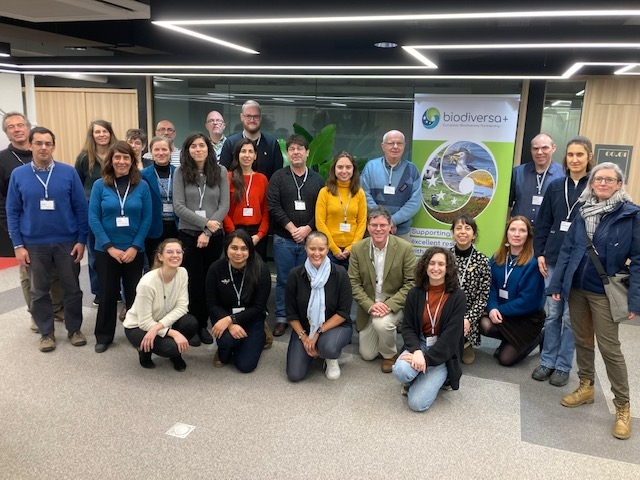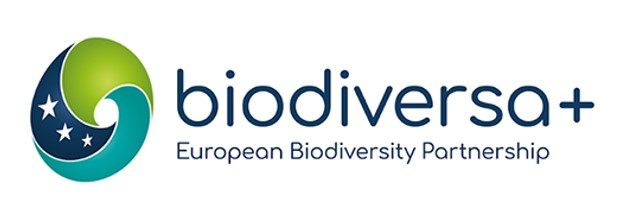Myron Peck co-chair of Biodiversa+ hub
An international group of biodiversity project coordinators has been invited to take part in a two-year task force to support European science-policy and science-society interfacing, with the goal of increasing the impact of EU funded biodiversity and climate research.
The group will organize joint stakeholder events, bringing together different audiences such as scientists, managers, policy makers and civil society. It will also produce policy briefs and help EU-funded research contribute information to global assessments performed by inter-governmental panels on biodiversity (IPBES) and climate change (IPCC), thereby better connecting biodiversity and climate policies. The knowledge hub will also contribute updating the Biodiversa+ research agenda, including potentially joint research calls.

Marine and coastal habitats
Myron Peck: “It is an exciting group of scientists working on issues of biodiversity and climate in terrestrial, urban and marine systems. Until now, much of the focus on nature-based solutions to safeguard biodiversity and promote climate adaptation and mitigation has been in urban and terrestrial environments and work on these issues in marine and coastal habitats was underrepresented. I hope to be able to change that.”
It may not be a coincident that Peck’s role in the Biodiversity and Climate Change hub is closely linked to the overall NIOZ mission to provide knowledge to combat climate change and protect biodiversity. “My job is to help translate research funded by the EU into useful products for policymakers”, Peck comments. “Our goal is to support the European Green Deal strategy by providing knowledge needed to preserve habitats and species, implement nature based solutions, and to get people and communities involved. It is thought that by working bottom up, you will be able to find the most efficient solutions to protect biodiversity.”
Lead discussions
During 2023 and 2024, Peck will help the task force facilitate discussions and communicate the latest results to policy makers. “As our hub only started in February, we are now setting out our agenda, for example, by promoting dialog with European policy makers at certain events. For example, we are planning a panel discussion at the European Climate Change Adaptation Conference in Dublin this June. This and other events will enable us to foster direct exchange between scientists, research funding agencies, policymakers and the public to advance solutions to the climate and biodiversity crises.”

About Biodiversa+
Biodiversa+ is a funding mechanism on biodiversity research from the European Union. Across 2008 to 2020, the previous programme Biodiversa had ten calls and a total of 237 million euros funded. This programme is now continuing as Biodiversa+ with 37 countries involved and 74 partners throughout Europe and elsewhere. At this moment, NIOZ has several proposals in the 2nd stage of the current call – financed in the Netherlands by NWO. Each project is three years in length, or equivalent to a postdoctoral position.